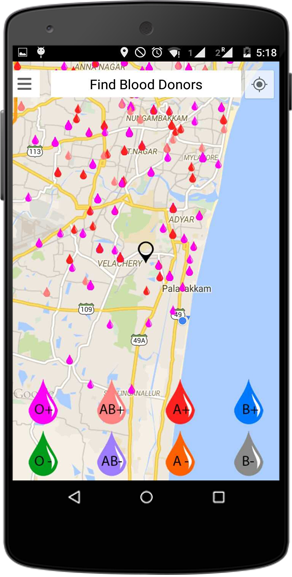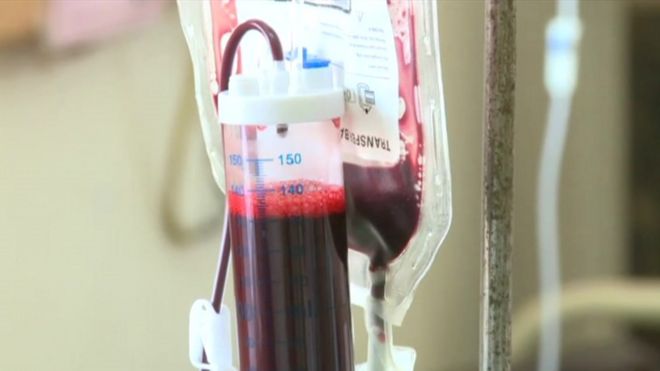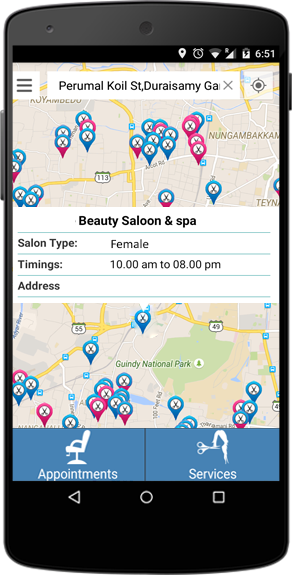Emergency rooms around the world save lives every day with medical staff having just moments to make life-or-death decisions, but some of the treatments they rely on have never been rigorously tested.
In sub-Saharan Africa, 60% of blood transfusions are given to children, some of whom have severe anaemia.
One British scientist based in east Africa wanted to find out which children really needed the blood - and how much should be given.
Dr Kathryn Maitland, of Imperial College, London, has worked in Kenya for 15 years.
She knew she wanted to work in medicine when her mum took her to the doctor when she was growing up in the north-west of England.
"My mum said 'you won't be able to get the grades'," Dr Maitland recalls.
"I was quite good at sport so maybe I could be a physiotherapist. But I said 'No mum, I really want to do medicine, I want to make a difference.'"
Blood transfusions
The discovery of blood types in 1900 paved the way for transfusions to be carried out safely.
Donated blood can be given to a patient for various reasons: if someone has had an accident, or has cancer or is anaemic.
Many of the sickest children Dr Maitland and her colleagues see in hospital have a number of problems: malaria; bacterial infections; malnutrition and occasionally sickle cell disease or HIV.
She wanted to find out whether the practice of giving blood transfusions was an effective way of treating them.
"The most basic treatments that we give - fluid, blood transfusions, oxygen - none of those have been subjected to trials in emergency rooms," she says.
"We are asking a very simple question: which children need transfusions?"
Severe anaemia in children - where the haemoglobin level is less than six grams per decilitre of blood (the normal range is 11-13g/dL) - can kill.
Around 9% of children with these low levels will die in hospital, and a similar number perish in the six months after they leave hospital.
Current World Health Organization guidelines recommend transfusions in children with a haemoglobin level of 4g/dL or less - or 6g/dL if there are other medical complications - but these values haven't been tested in a clinical trial.
Dr Maitland's TRACT trial has so far recruited about a third of the 4,000 patients it needs in Malawi and Uganda, at a rate of around 200 children a month.
The trial has also been designed to test whether vitamin and mineral supplements, and antibiotics, can resolve the underlying issues behind a child's anaemia - instead of just using donated blood to "mask" the symptoms.
Evidence
Emergency care doctors working in very different environments applaud efforts to improve the evidence base in their discipline.
"I think the situation is much better than 20 years ago," according to Dr Adrian Boyle, a consultant emergency physician based in Cambridge, UK.
"The Royal College [of Emergency Medicine] pushes for academic development for doctors, but many see themselves as pragmatic generalists, not as scientists," he added.
An earlier trial carried out by Dr Maitland looked at how intravenous fluids are given to children in shock - where the body starts to "shut down" because of an overwhelming infection.
It had been accepted that giving fluids rapidly in large amounts - known as a "bolus" - was the right thing to do.
But Dr Maitland's FEAST trial demonstrated that giving children fluids in this way meant that more of them died than if they were given the fluids more slowly.
Dr Richard Body is a consultant in emergency medicine at Manchester Royal Infirmary in the north of England.
He remembers hearing about the surprising results of the FEAST trial.
"Until then we gave large amounts of fluid boluses to patients, it was enshrined in practice," he says.
"When the trial came out it was earth-shattering and showed the importance of evidence-based medicine."
Although he recognises that his own patients don't have the same severe symptoms as those seen by Kathryn Maitland in east Africa, he says her work makes him stop and think about how accepted treatments - like large amounts of fluid - may not always be the best answer for individual patients.








